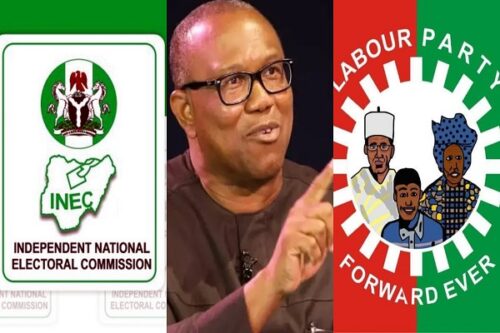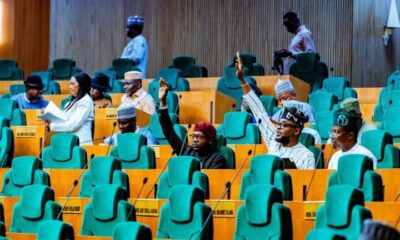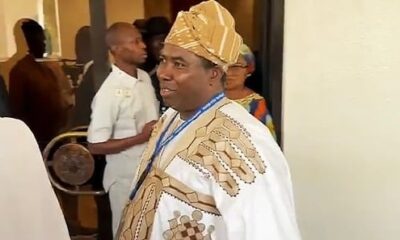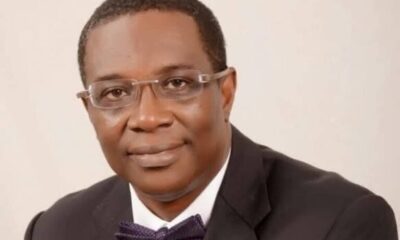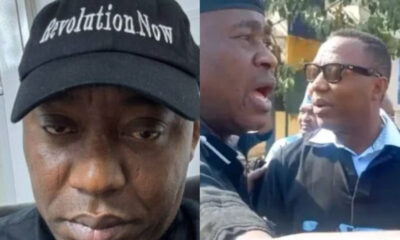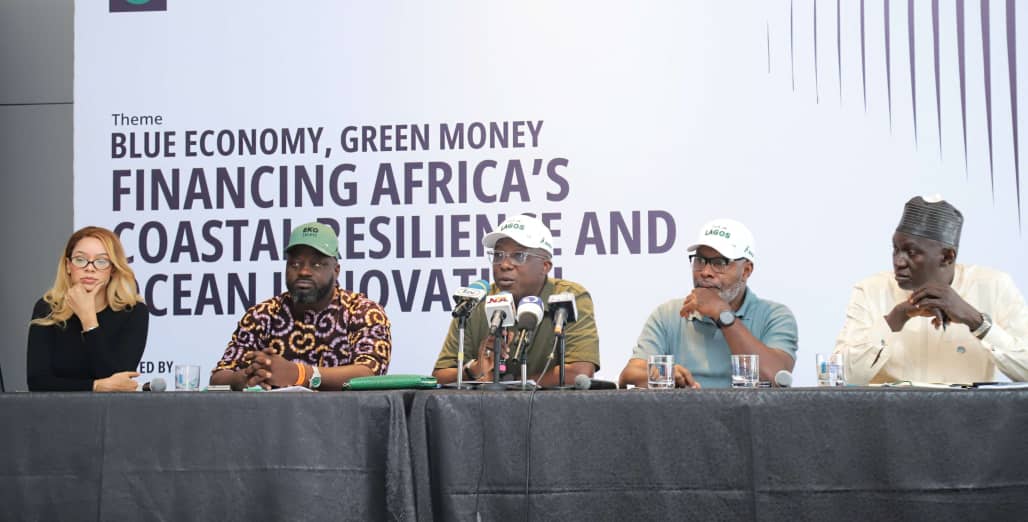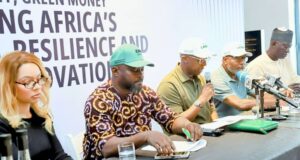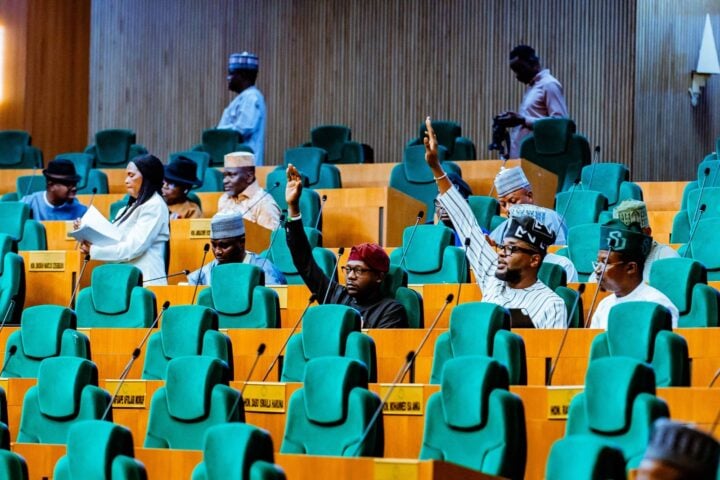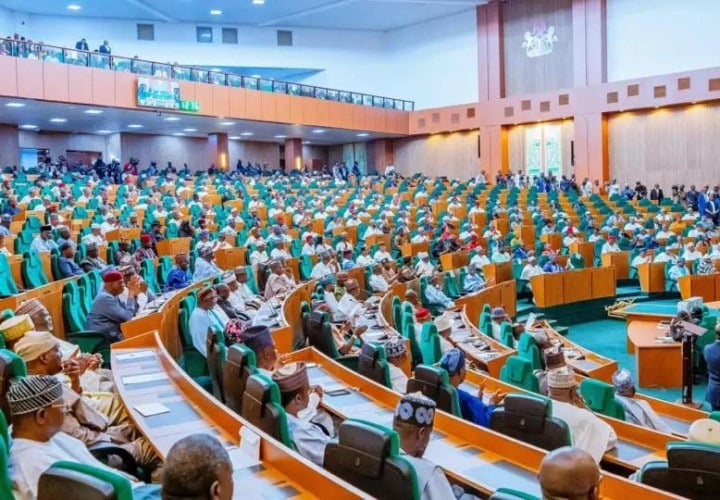Two Labour Party (LP) witnesses and Peter Obi, yesterday contradicted one another over the requirements that the Independent National Electoral Commission (INEC) must meet before using technology.
According to Dr. Chibuike Ugwuoke, a cyber security specialist, the National Information Technology Development Agency (NITDA) Act stipulates that all technologies used by INEC must adhere to the ISO 27001 2013 standard.
He stated that before using such technologies, INEC must first receive permission from NITDA.
However, Emmanuel Edet, the head of NITDA’s legal services department, claimed that the NITDA Act does not contain any such obligations.
“The NITDA Act does not contain any cyber security standard code – ISO 27001 2013,” Edet told the tribunal.
Ugwuoke and Edet were subpoenaed by Obi and the LP to testify before the Presidential Election Petition Court (PEPC).
Ugwuoke, who said he was engaged by the petitioners to investigate information on INEC Results Viewing (IREV) portal, had tendered his report on Wednesday, in which he claimed to have discovered multiple uploads and strange objects instead of results.
Under cross-examination yesterday by INEC’s lawyer Abubakar Mahmoud (SAN), he insisted on his claim that ISO 27001 2013 was a statutory minimum standard requirement for any organization intending to deploy technologies.
Although Ugwuoke claimed not to know the Section, he said what he wrote in his statement was copied from the Act.
Ugwuoke said the petitioners recruited him on March 10; which produced a preliminary report on March 17/18 and the final report in mid-May.
Edet, while being led by petitioners’ lawyer, Patrick Ikwueto (SAN), said his agency did not have documents requested by Obi and the LP, concerning the permission granted to INEC to deploy technologies for election and the status of the technologies.
He said the NITDA Act did not contain any requirements about ISO 27001 2013 on cyber security.
The witness also said no provision in their Act refers to INEC.
Edet confirmed that the claim by the former Communication and Digital Economy Minister Isa Pantami that there were about 16 million attempts to hack INEC IT infrastructure during the last presidential election emanated from his agency (NITDA).
Earlier, Hitler Uwala, an expert witness called by the Peoples Democratic Party (PDP) and its presidential candidate, Atiku Abubakar, admitted there were errors in the forensic report he produced for Atiku and his party.
Testifying as the 26th petitioners’ witness, he played down the errors by describing them as “title errors.”
Under cross-examination by the lawyer of President Bola Tinubu, Chief Wole Olanipekun (SAN), Uwala admitted discrepancies in his report about the actual number of the Bimodal Voter Accreditation System (BVAS) machines he examined.
The hearing continues at 9 am.

 BIG STORY3 days ago
BIG STORY3 days ago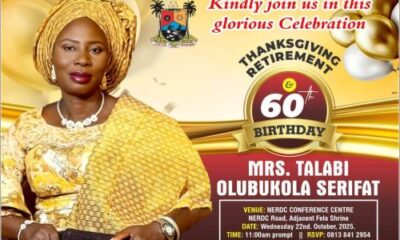
 BIG STORY3 days ago
BIG STORY3 days ago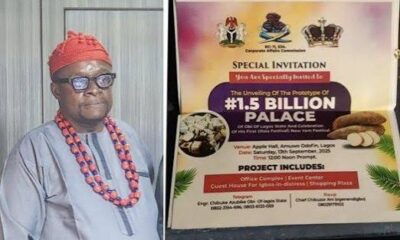
 BIG STORY3 days ago
BIG STORY3 days ago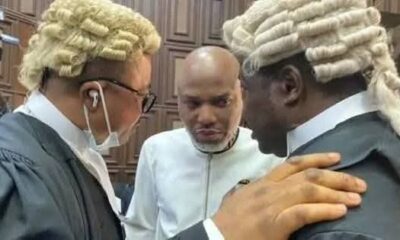
 BIG STORY2 days ago
BIG STORY2 days ago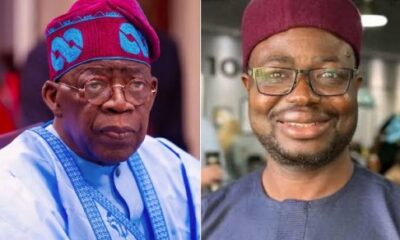
 BIG STORY3 days ago
BIG STORY3 days ago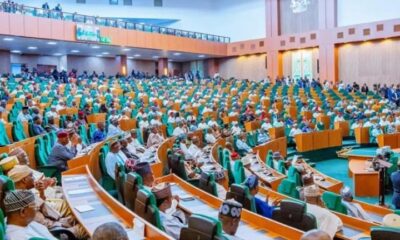
 BIG STORY15 hours ago
BIG STORY15 hours ago
 BIG STORY2 days ago
BIG STORY2 days ago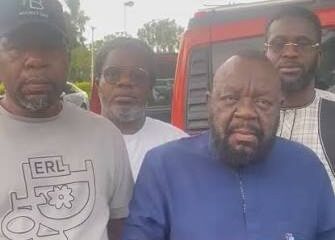
 BIG STORY3 days ago
BIG STORY3 days ago




